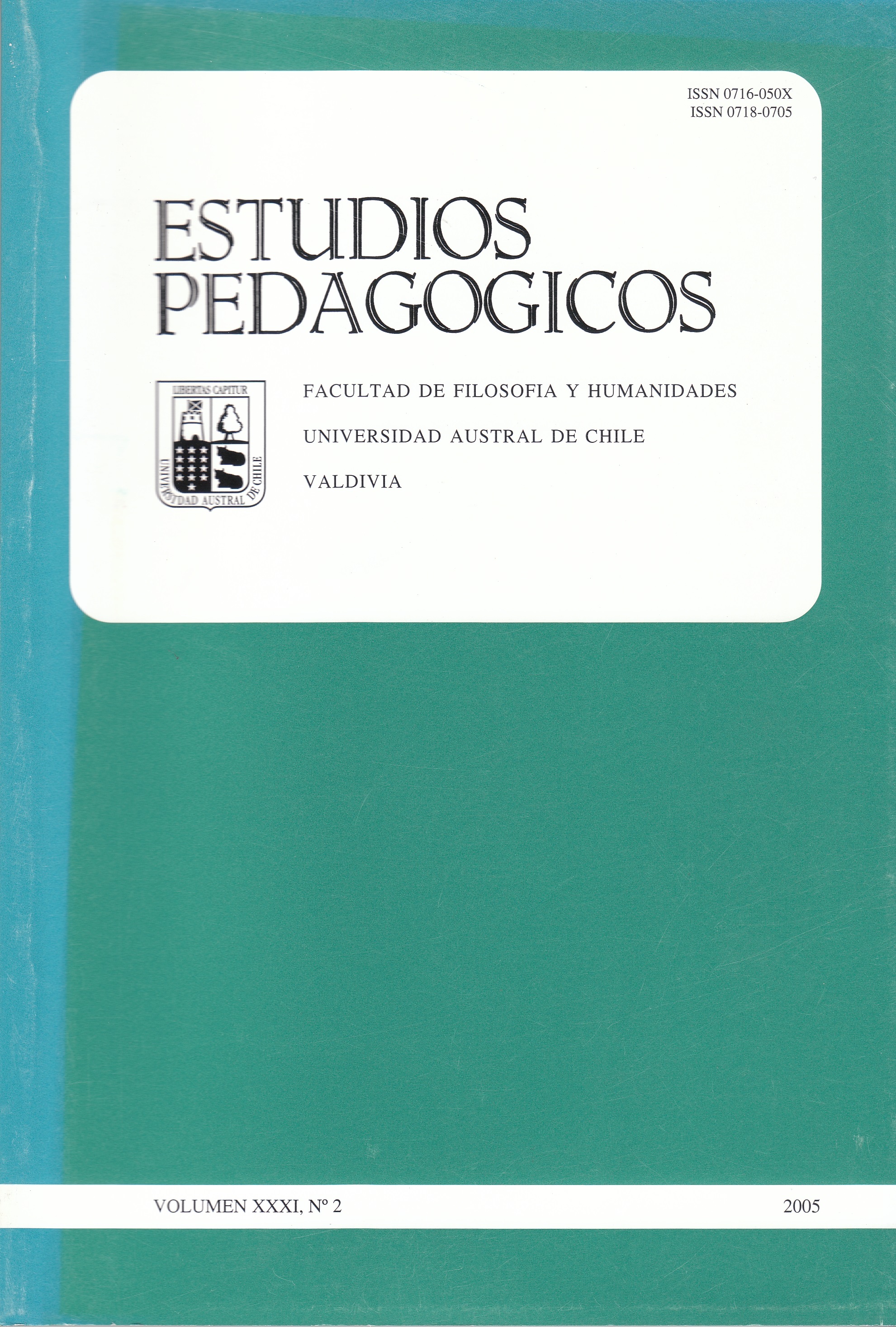Deaf people and reading: considerations about the role of phonological processing and the use of sign language
Main Article Content
Abstract
Language acquisition in its oral mode is severely affected in the case of deaf children, which leads to difficulties in the acquisition of reading skills. Numerous studies show that average deaf adults read at a level not higher than fourth grade. This is a highly important problem, considering the potential benefits of fluent written communication for deaf people. The article presents and discusses evidence regarding deaf children's difficulties in reading strategies and skills, especially related to phonology, considering the use of compensatory strategies and the role of general linguistic abilities development. Particularly, the role of sign language in the acquisition of written language is discussed, taking into account some considerations related to the transferability of the linguistic abilities in this language for the development of competence in written language.

